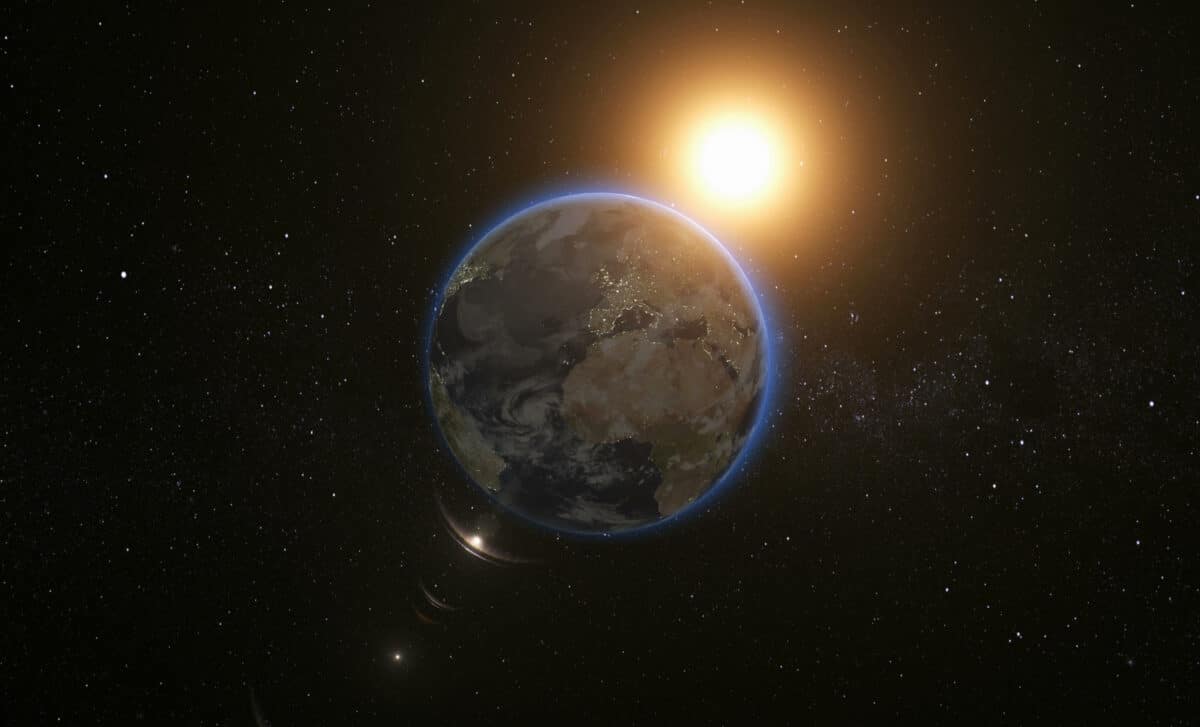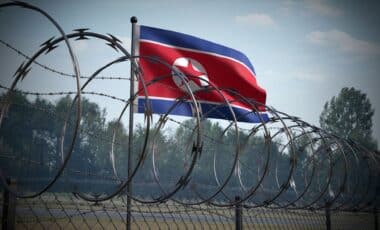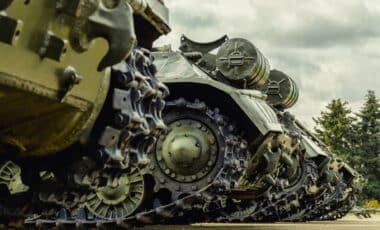The Earth’s rotation, which occurs approximately every 24 hours, is responsible for the cycle of day and night and governs many natural processes. If this rotation were to suddenly stop, the effects would be apocalyptic.
According to Joe Levy, a geoscientist at Colgate University, a sudden halt would cause half of the Earth to remain in darkness for months. Moreover, the forces of inertia would result in objects being violently thrown eastward at speeds up to 1674 km/h at the equator, leading to massive destruction.
US Marine F-35 Jets Make Historic Landing on British Aircraft Carrier in the Pacific
The Immediate Effects of a Sudden Stop
If the Earth were to suddenly stop rotating, everything not anchored to the ground would be subjected to immense forces. At the equator, the planet’s rotational speed is approximately 1674 km/h (465 m/s), and this inertia would propel everything—including humans and water—eastward at that speed.
As a result, massive tsunamis would be triggered, flooding large areas of land, and any buildings or structures not firmly anchored would collapse. Joe Levy explains that this would happen instantly, with catastrophic consequences for everything on the planet’s surface. Additionally, the surface of the Earth would experience extreme stresses, leading to widespread geological damage.
While the immediate destruction would be devastating, it would not end there. The oceans, too, would be thrown into chaos. The water would surge eastward, creating massive tidal waves that could inundate coastlines, destroying entire cities. Given the force of inertia, entire ecosystems would be wiped out, making survival almost impossible for most life forms.
The Impact on Day and Night
A sudden stop of the Earth’s rotation would also have a profound effect on the cycle of day and night. Half of the planet would experience constant daylight, while the other half would remain in complete darkness.
According to Science et Vie, the regions that are exposed to continuous daylight would experience extreme heat, with the unrelenting sun causing crops to wither and evaporating much of the water. Conversely, the dark side would plunge into freezing temperatures, turning water to ice and destroying plant life. The alternating cycle of day and night, which sustains life, would be replaced by an extreme and inhospitable environment.
Furthermore, the lack of rotation would disrupt the Coriolis effect, which helps regulate weather systems. The absence of the Earth’s spin would cause air and ocean currents to behave differently, leading to chaotic and unpredictable weather patterns. This disruption would further hinder any possibility of recovery for life on Earth.
The Role of the Moon and Tidal Forces
The Earth’s rotation has been gradually slowing down for millions of years due to tidal forces exerted by the Moon. This gradual deceleration is responsible for lengthening the day by a few milliseconds per century. However, the forces at play are not enough to cause the Earth to stop rotating completely.
As mentioned by TF1 Info, the Earth’s rotation has been speeding up since 2020, with shorter days recorded during the summer months. The three shortest days of the year were expected to occur on July 9, July 22, and August 5, with the shortest day being August 5. For instance, on August 5, 2025, the day will be 1.51 milliseconds shorter than the historical average.
This phenomenon of shortening days has been tracked closely by the International Earth Rotation Service (IERS), which is considering adding a negative leap second to Coordinated Universal Time (UTC) in 2029 to account for these fluctuations in the
Despite these fluctuations, the probability of a sudden stop remains extremely low. The forces responsible for slowing the Earth’s rotation, such as the Moon’s gravitational pull, are not powerful enough to halt the planet’s spin abruptly.
The most likely scenario is a gradual deceleration over millions of years. However, this is not to say that the planet’s rotation is entirely predictable, as evidenced by recent unexpected changes in its speed. Still, a complete cessation of the Earth’s rotation remains a highly improbable event.
The Unlikeliness of Complete Cessation
While the concept of Earth suddenly stopping its rotation makes for a dramatic scenario, it is not something that will happen anytime soon. The natural processes responsible for slowing the Earth’s rotation, such as tidal interactions with the Moon, occur very slowly.
The amount of time it would take for the Earth to stop rotating is on the order of millions of years, according to Science et Vie. Even then, the planet would not come to an abrupt halt; the process would be gradual. While this trend does not indicate that the Earth will stop rotating, it does show that the planet’s spin is not entirely predictable, and scientists continue to monitor its fluctuations.








